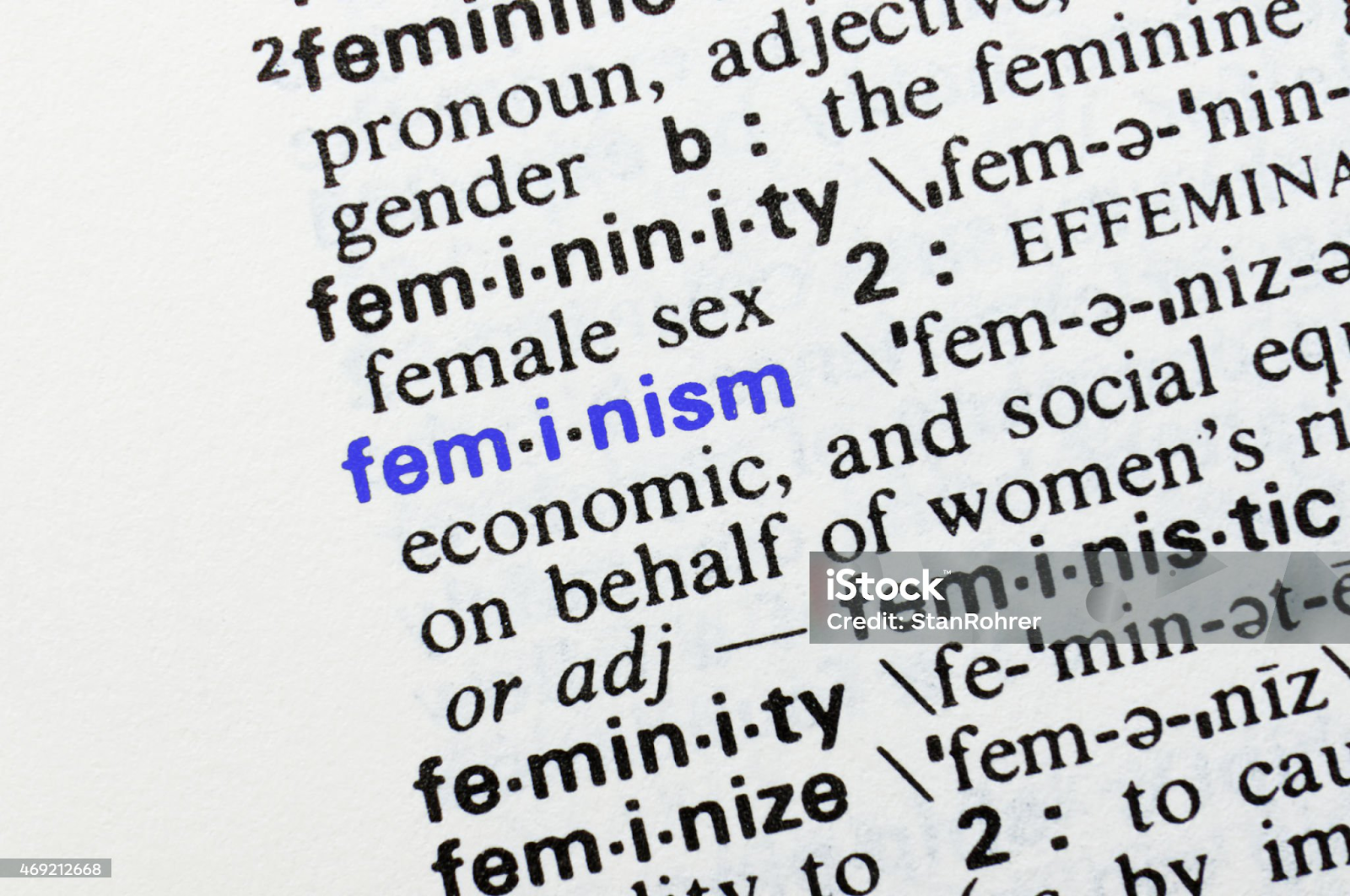Worshipped in Stone, Wounded in Flesh
Oh, we respect women?
Sure. As long as they’re quiet, covered, married, obedient, graceful, not too opinionated, and definitely not angry.
This isn’t feminism dressed in academic lingo.
This is a raw rant. From a woman who’s just had enough of this performative
progress.
A dissection of the seemingly harmless, yet
dangerously insidious habits that fester in our daily lives.
Habits that, brick by brick, build the fortress of misogyny.
Because misogyny doesn’t always enter with fists.
Sometimes, it arrives with a whisper. A joke. A rule. A glance.
Before I scream about how women are still caged, still
watched, still touched without permission—
Let me say this:
Despite evolving lifestyles, increased awareness, and decades of protest, the
core mindset of society remains disturbingly unchanged.
The lifestyle may have evolved, but the leash remains.
It’s just become invisible now under the disguise of culture, manners, and
so-called “decency.”
In a country like India, where we bow before the fierce
image of Kali, where we sing praises of Sita’s patience and Draupadi’s fire, we
still shudder at a woman who speaks her truth.
We judge her by the hemline of her skirt while conveniently ignoring the hunger
in a man’s eyes.
We sing bhajans to the goddess and butcher her reflection in flesh.
This land of goddesses has become a battleground for its
women.
Where the worship of the divine feminine coexists with some of the world’s
highest rates of abuse, assault, and psychological suppression.
This contradiction isn’t just ironic.
It’s terrifying.
And when we speak of these atrocities, we are told:
“Imagine if it were your mother, your sister, your daughter.”
But why must a woman be someone’s something for her pain to
matter?
Why must her suffering be translated into relation to be valid?
Let us not be fooled.
This rot begins in the smallest of things.
Here are just a few threads in the vast, tangled web:
- Cuss
words that curse women, as if reducing the feminine to something filthy is
empowering for men. Most slurs invoke mothers or sisters, turning violence
against women into a punchline.
- Dress
codes that ban girls from wearing certain clothes because they might
“distract boys” as if the male gaze is unchangeable, and female autonomy
must always bend.
- Pornography,
which often portrays women as submissive objects for male pleasure, distorts
perceptions of consent and feeds corrupted fantasies that reduce intimacy
to domination.
- Media
that romanticizes abuse, turning bruises into metaphors for love, and
control into desire.
- Women
who uphold patriarchy, unknowingly becoming gatekeepers of the very system
that cages them.
- Women
shaming other women, participating in trafficking, or perpetuating abuse, sometimes
under the guise of culture or morality.
- “Protection”
used as a veil for control, where silence is mistaken for virtue, and
obedience for safety.
All of this, we are told, is for the sake of ‘decency’.
But you know what’s actually decent?
Respect is decent.
Self-restraint is decent.
Accountability is decent.
Why is a sex worker labeled a lowlife while the men who
exploit her remain unscathed, their character unquestioned?
Why aren’t men shamed for the entitlement that corrupts their desires?
Why are they raised to believe they are princes simply because their mothers
served them like kings?
Even women, especially mothers, carry a heavy share of this
inheritance.
It’s often the same mothers who feed their sons to the brim,
while teaching their daughters to eat a few morsels less.
Who invest in their sons’ education, while their daughters’ hands are calloused
from flipping rotis on hot pans because feeding her husband is a greater priority
than her being self-sufficient.
“Don’t argue with anyone in your husband’s family,” they
say—
As if a daughter’s silence is worth more than her self-respect.
“Yes, you can learn and be educated. But don’t forget to get
married and have kids- all before you turn 30.”
Because if she’s 30 and unmarried, society will ostracize her—
As though her worth is measured by who she ties the knot with and how many
children she births.
The perfect daughter?
She’s calm.
She doesn’t talk back.
She isn’t opinionated.
She agrees with her parents, her in-laws, her husband.
She’s well-educated, earns just enough—not more than her husband.
She comes home from a long day at work and still cooks and cleans for the
entire family.
She prioritizes her in-laws over her own parents—even when her husband doesn’t.
She has kids before 30.
And if the child misbehaves?
It must be the mother’s fault.
She must quit her job and raise the child.
And the cycle continues.
We worship Kali in her raw, naked truth—
Yet tremble at the sight of a bra strap peeking beneath fabric.
We sing praises of Durga for slaying demons—
Yet defend the ones hiding in plain sight.
What hypocrisy is this?
We don’t fear women because they are weak.
We fear them because their strength threatens the fragile illusions of control.
So, where do we go from here?
Do we keep waiting, hoping the system that broke us will
suddenly fix itself?
Or do we finally understand that nothing will change unless we
break it first?
This isn’t about reform.
This isn’t about revolutions that come wrapped in politics and promises.
This is about setting fire to every silent agreement we’ve ever made with our
own oppression.
Unlearn what they fed you.
Undo the hush they stitched into your throat.
Refuse to shrink. Refuse to apologise for existing too loudly, too boldly, too
freely.
Stop asking for space. Take it.
Stop asking for change. Be it.
Burn the damn pedestal they placed you on and build your own ground to stand
on.
Because freedom?
Freedom doesn’t arrive politely.
It doesn’t knock. It breaks in.
It rises in clenched jaws and tired eyes.
It walks through centuries of silence and says- no more.


